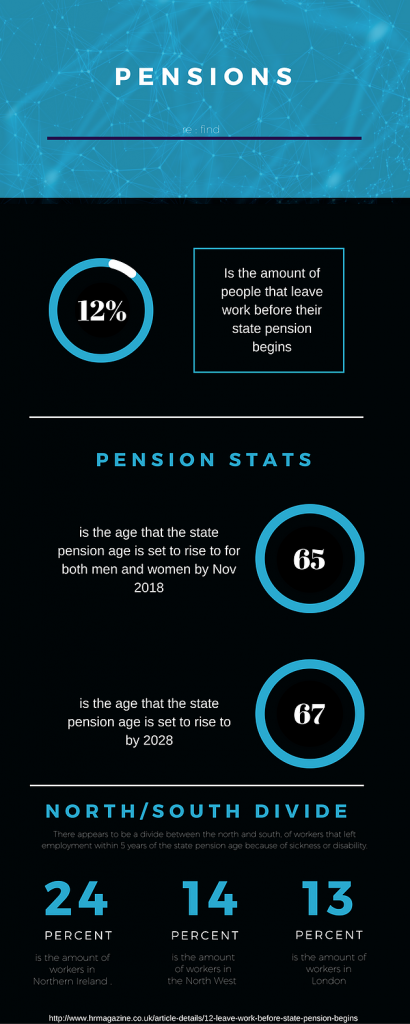
The title of this article is from my early recruitment career and is quite a famous quote from a past MD of mine. At first glance, it may seem provocative but in reality, it is one of the best pieces of advice I have ever received.
Now, it can be difficult to tell someone they are wrong. It’s uncomfortable for most people to deliver this, plus there are many social implications. Having difficult conversations is never easy and in this case, you could come across as being arrogant, they might not actually be wrong, in fact, it might be you that’s wrong. There could also be contributing factors that you are unaware of (or they just might not want to hear it!)
In recruitment, one of the most challenging things you have to do is to tell a client they have got it wrong. Especially these days as a recruiter, where there can be many barriers to getting the right feedback to the right person. The introduction of technology (ATS systems), job portals, multi-agency PSL agreements, and internal recruiters are all in place to ensure suppliers do as they should. Now, I’m not sitting here saying all of this is unnecessary. They are particularly necessary if you are a big business with a high volume of recruitment. And without this technology, there is no other way to manage things and it would lead to problems, not just financially but also in terms of delivery.
What I am talking about is being able to consult with a client, to truly understand what they need, rather than sometimes what they think they need, and then to assist or guide them to that decision.
When I launched re:find, I decided from the outset that we would only work directly with people who we have a relationship with. That’s not to say we don’t work through some of these channels, because we do. But we still have access to the people who make the decisions so that we can provide advice and guidance, if it is required.
On one particular occasion, a client had gone through the usual PSL channels for a hire and we had been invited in at the back end of things, as they were yet to find what they were searching for. So we took a brief and sent a shortlist. As a niche supplier, we were going to approach things from another angle. None of my candidates were taken forward. In actual fact, they hired from the PSL.
I had pushed back on the brief, sent candidates who were 50% more expensive on the day rate, explained why hiring an interim was different and gone way off brief. (For anyone interested in my rationale please see another blog of mine)
So, I contacted the client and apologised.
Clearly, I’d got this one wrong.
I think they were surprised that I was humble and said sorry about getting it wrong – apparently a lot of recruiters don’t do this!
Unfortunately for the client, the contractor they hired didn’t work out and the client gave me a call to talk through the issues.
I suggested again why hiring a day rate interim could be an option with less risk involved. They were now more open to my initial argument around hitting the ground running and bringing a ready-made toolkit with them.
Needless to say, they chose one off of my initial shortlist.
3 months on and all has worked out well for the client in terms of delivering what was needed quickly and the person has exited, moving on to their next gig.
I share this, as I think it illustrates the journey that you sometimes need to go on to influence successfully.
Here are my top tips:
- Remember that telling someone they are wrong and why they are wrong, is as much about your self-awareness as it is with changing someone else’s thought process.
- You won’t be able to change someone else’s opinion straight away, they need to go through a journey to get there.
- Building a strong relationship with your client and becoming a trusted advisor needs to happen both ways. It can’t be all tell, tell, tell. Saying when you have got it wrong is an important step to building trust.
- Consider whether resourcing should be treated as such a transactional process.
To discuss further, you can email me on James@refind.co.uk.
You can view more about James Cumming our change and business transformation specialist here.



